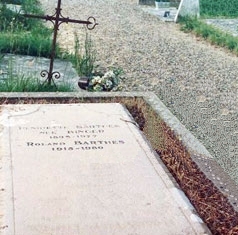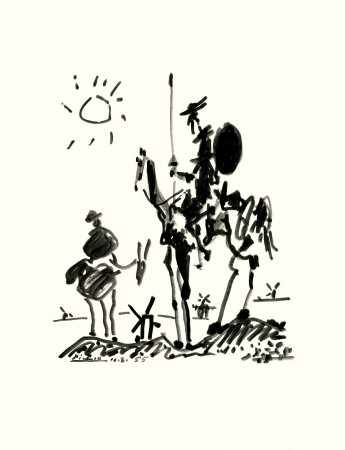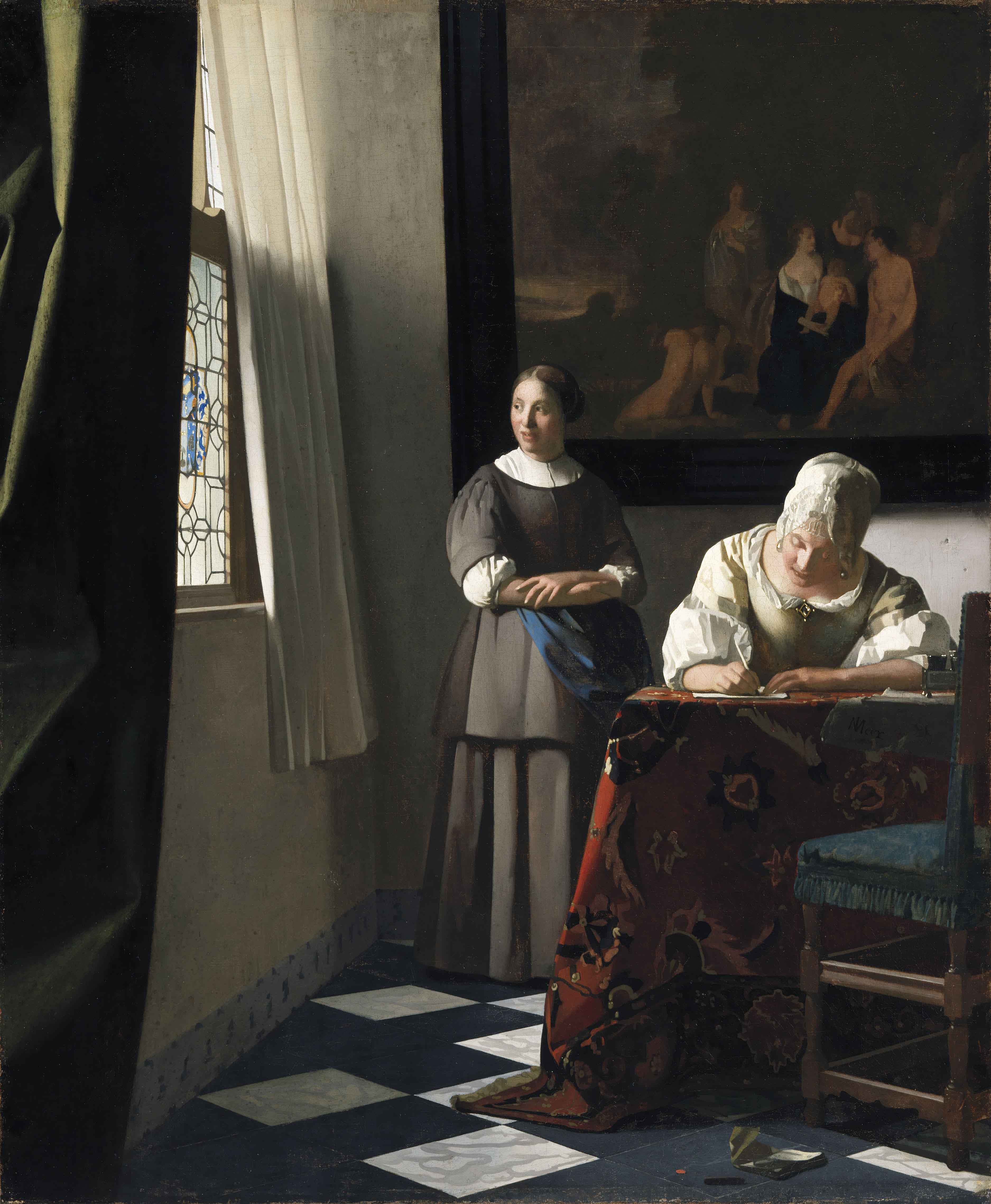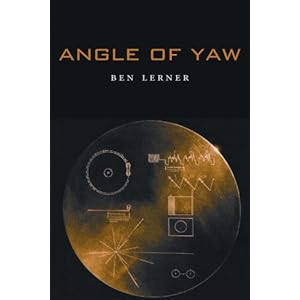Hier das heutige Gedicht des Tages von Fixpoetry:
ich lebe in einem wasserturm am meer, was albern ist.
ich bin immer versalzen, aber das süße halt ich nicht aus.
eine katze schlich ums haus & hat sich auf den rücken geworfen.
was das nur soll? ich will keine ergebenheit, ich will liebe.
woher ich meine liebe nehme, ist mein größtes geheimnis.
ich habe einen tank voll davon, aber nicht in meinem turm.
ich bin oft betrunken vor liebe & oft ein stinkendes feld.
das meer ist eine katze, der ich nichts anvertrauen mag.
in den dünen finden sich manchmal die knochen von engeln.
trete ich aus meinem turm heraus, liebe ich heftig die sonne.
Hier mein Facebook-Kommentar dazu:
Mir gefällt dieses Gedicht, aber wie so oft, wenn alles kleingeschrieben ist, frage ich mich, warum das so sein muss. Wie ist das kleingeschriebene Gedicht anders als die mögliche grossgeschriebe Form? Was bringt es gegenüber die Standardschreibung:
Ich lebe in einem Wasserturm am Meer, was albern ist.
Ich bin immer versalzen, aber das Süße halt ich nicht aus.
Eine Katze schlich ums Haus & hat sich auf den Rücken geworfen.
Was das nur soll? Ich will keine Ergebenheit, ich will liebe.
Woher ich meine Liebe nehme, ist mein größtes Geheimnis.
Ich habe einen Tank voll davon, aber nicht in meinem Turm.
Ich bin oft betrunken vor Liebe & oft ein stinkendes Feld.
Das Meer ist eine Katze, der ich nichts anvertrauen mag.
In den Dünen finden sich manchmal die Knochen von Engeln.
Trete ich aus meinem Turm heraus, liebe ich heftig die Sonne.
Das ist letztendliche keine Kritik an Carl-Christian Elze, sondern eine generelle und sehr ernst gemeinte Frage an die zeitgenössischen deutschsprachigen Lyrikern, die so schreiben, von einem in der Schweiz wohnhaften amerikanischen Lyriker, Übersetzer und Songwriter, der einfach nicht versteht, warum diese Form so geläufig ist, da sie sich, meine Erfahrung nach, selten mit irgendeinem Gewinn gegenüber der Standardschreibung rechtfertigt, und relativ oft (obwohl nicht in diesem Fall) nur Verwirrung stiftet.






























